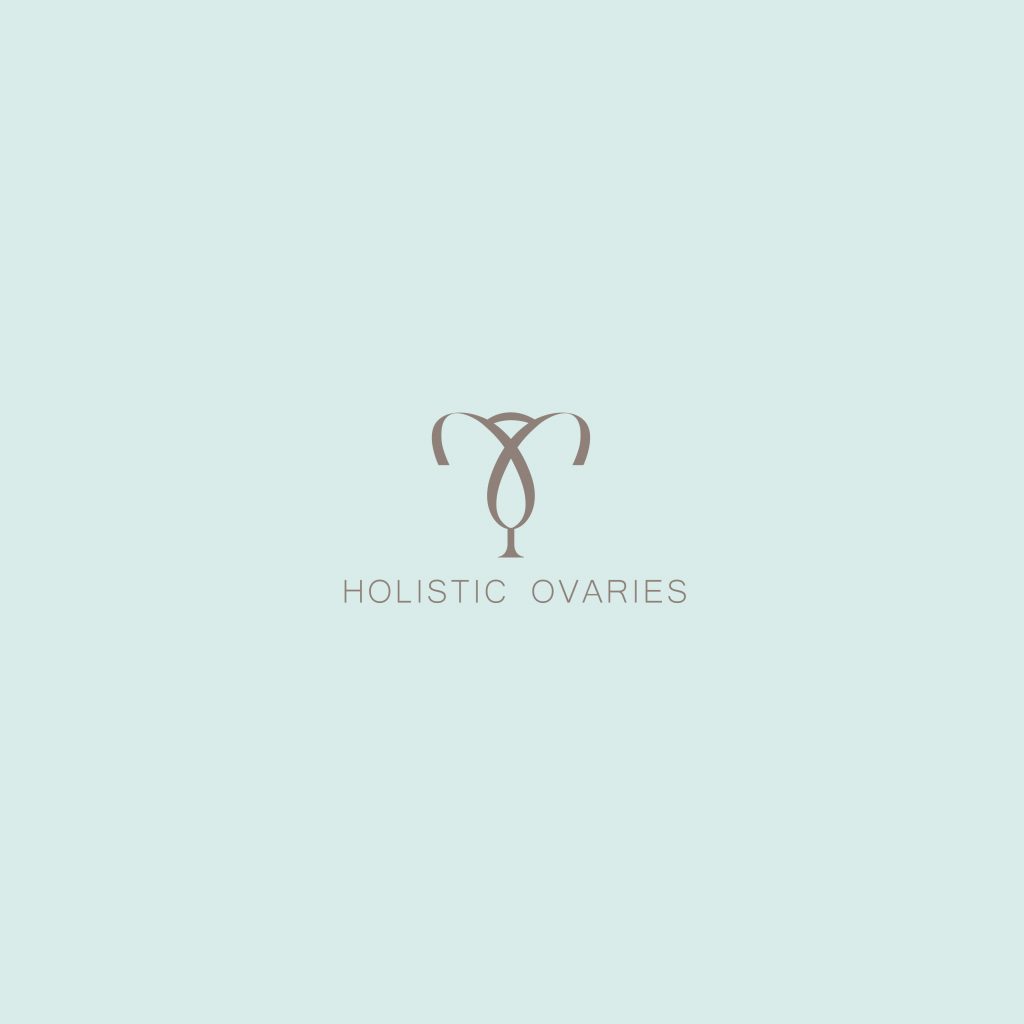Is being diagnosed with
PCOS makes you more anxious?

PCOS DIAGNOSIS
When I was diagnosed with PCOS at first I felt an extreme sense of relief. Finally after 2 years of not knowing what was going on with my body I had a name to my symptoms. But I didn’t know that PCOS is going to be so complicated.
The more I learnt about PCOS the less I understood. There is so much information about PCOS and many of them are pretty scary. Infertility, obesity, type 2 diabetes, cardiovascular disease, metabolic disease, endometrial cancer.
The treatment for PCOS is not obvious. There is a lot of misleading information. Women on social media tell you one thing, doctors tell you another thing. One nutritionist tells you to go on a keto diet and another one tells you to be on a plant based diet. Someone tells you to go on a contraceptive pill, another person discourages you from that.
Additionally there is a high prevalence of depression, anxiety and eating disorders.
And you are in the middle not knowing what to do. The only thing you know is that you have enough. You suffer from acne, hair loss, hirsutism, weight gain, lack of ovulation, fatigue, mood swings, insulin resistance and pain (physically and mentally).
No wonder that we become anxious.
PCOS DIAGNOSIS IS NOT THE END
Receiving a diagnosis about chronic illness like PCOS can be devastating. Knowing that we will have to deal with hormonal imbalances for the rest of our lives can make us initially sad, angry, frustrated, hopeless, disappointed and terrified.
Women should be aware that their PCOS is a chronic condition that requires them carefully manage their health by introducing lifestyle modifications and undergo regular screening.
Our diagnosis and the information about PCOS should serve us to deal with our symptoms and to improve our physical and mental health.
FACTORS THAT CAN HELP YOU ACCEPT YOUR PCOS DIAGNOSIS:
1. Don’t blame yourself – In our culture chronic conditions are treated like a sort of personal failure. We may internalize cultural blame and experience self-blame for having PCSO, which is associated with increased emotional distress. But having PCOS or any chronic condition is not a failure! You may eat healthy, exercise, meditate, practice yoga, sleep well and still not be able to beat PCOS symptoms. And it won’t be your fault. So free yourself from shame and treat yourself with compassion. Managing PCOS is a long process and you are doing the best you can with the resources you have.
2. Separate yourself from PCOS –You are not PCOS, you have PCOS, you have a challenge with complex endocrine and metabolic disorder. You can be aware of your symptoms like acne, hair loss, hirsutism, the hurt, without inviting them to become part of you. It doesn’t mean denial of PCOS, but rather recognition that you are more than your PCOS symptoms. You have a name, body, mind and personality. Embracing yourself is a part of PCOS journey.
3. Be aware of psychological implications of PCOS – PCOS also affects mental well-being. You may experience mood swings, low mood, low self-esteem, negative body image and in some cases anxiety, depressive symptoms and eating disorders. Be aware of your mental states, because they may limit you to pursue healthy habits. We can work on our psychological well-being by ourselves. But if you think you may be experiencing depression, anxiety or eating disorders please talk to your doctor.
4. Be realistic and manage your expectations– We want instant results. We want our acne to disappear tomorrow, we want to lose weight after a week of dieting, and we want our ovulation after a month of taking myo-inositol. There are many social media accounts who promise us “fast cures”. It can be frustrating when things don’t happen the way you expected or the way they were supposed to. But you need to be realistic. Without a long term effort you won’t get long term results.
5. Look for a PCOS community – When you find other women with PCOS they will most of the time say “Me too!”, because they are going through the same challenges as you. In PCOS groups you can talk about your experience without being ignored or judged. We need support from other women with PCOS, because we need to share our stories and because we need motivation, empathy and understanding.
PCOS AND LIFESTYLE MODIFICATIONS
Women with PCOS often do not engage in health promoting behaviours. Why? My guess is that:
- Sometimes the information about PCOS is limited (we get hormonal pills, we are told to lose weight and to exercise more and here is where the information is finished).
- Sometimes the information about PCOS is overwhelming (too much information, too much to do, too much to take care of, so I am not going to do anything).
- Sometimes we try to change our behaviour, but we do not see results so we become discouraged to continue.
- Sometimes we try to change our behaviour all at one time, and after a month we are tired and we stop everything.
- Sometimes we do not believe we can manage our PCOS symptoms.
- Sometimes we just do not know where to start.
Research shows that improving negative emotions and enhancing behavioural awareness and self-efficacy are necessary to increase the implementation of health promoting behaviours in women with PCOS.
I do agree with that. When you feel anxious the last thing you want to do is to think about implementing changes. You are already worried about so many things.
Symptoms that are affecting your beauty and self-esteem, fatigue, fertility and anxiety and the complexity of PCOS treatment, it is all frightening experience.
Regulating your emotions and dealing with stress first will help you to adopt a mindset that encourages you to take actions to manage your PCOS.
PCOS AND SELF-MANAGEMENT OF YOUR HEALTH
PCOS is a self-management condition. Self-management means a continuous process of self-directed behaviour changes aimed to avoid disease-related complications, regulate symptoms and reduce the severity of disease.
In our case self-management practices are:
- regulating our emotions,
- implementing behavioural changes (including eating habits, physical activity, improving cognition, finding support, sleeping routine),
- independent monitoring of our symptoms,
- development of personalised action plans upon worsening of symptoms,
- implementing psychological coping strategies to better manage stress,
- enhancing personal responsibility in daily lifestyle choices.
PCOS TREATMENT RESULTS
Social media often promises us instant results, but taking care of your health is not about instant results. It is not about how to achieve fast results, but PERMANENT results.
You need to learn new concepts about your health. It requires new knowledge, learning new information and then practicing. Reality is that managing your PCOS will require time and consistency.
Make a decision to give yourself time to manage your health and your PCOS symptoms forever. One step at the time.
Knowing that we have PCOS should not limit us. Knowing that we have PCOS should give us directions on what to do.

Remember you are an amazing woman who does so many things in this life! You have your career, your friends, family, relationships, education, passions, hobbies. Focus on what is good in your life!
Yours Agnese
PS. Subscribe to my newsletter below to receive information about my new project.

Stay Updated
SUBSCRIBE TO THE NEWSLETTER

© 2022 All Rights Reserved. Made by DB.YOU Creative Agency


